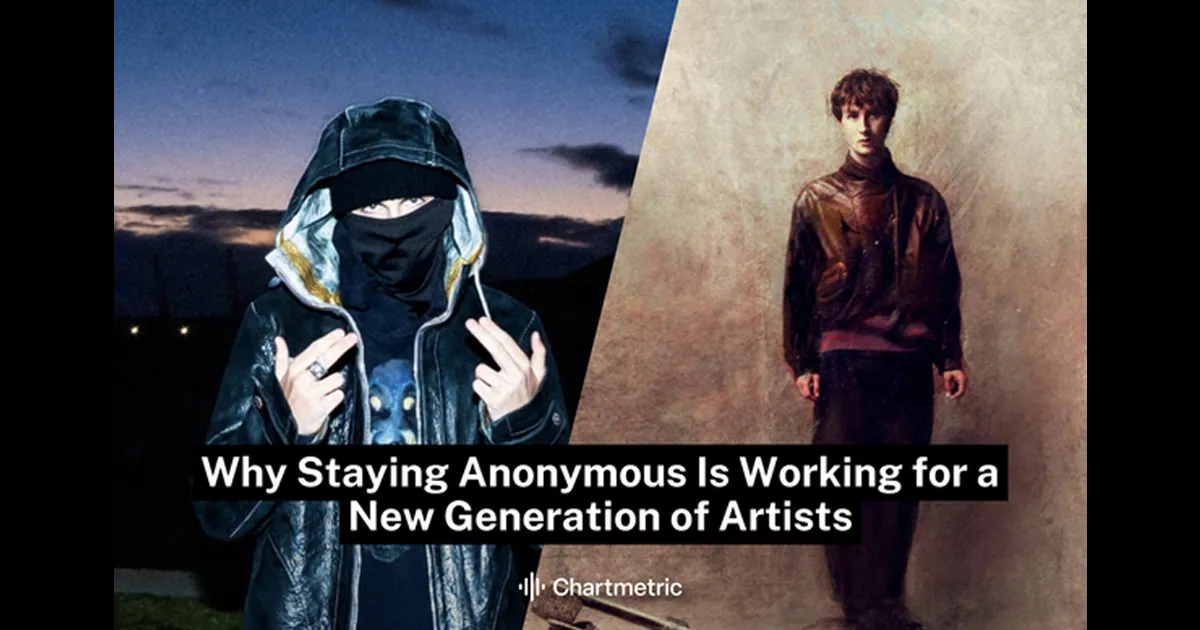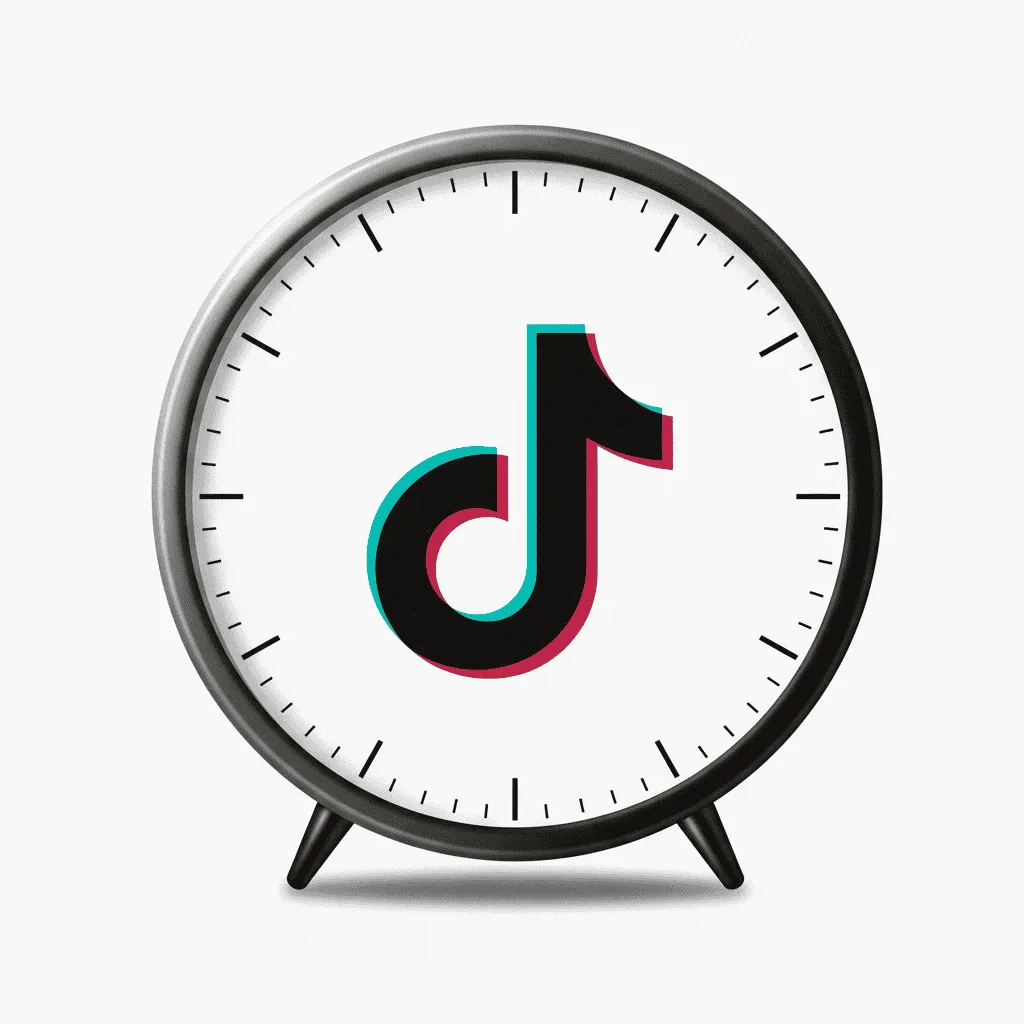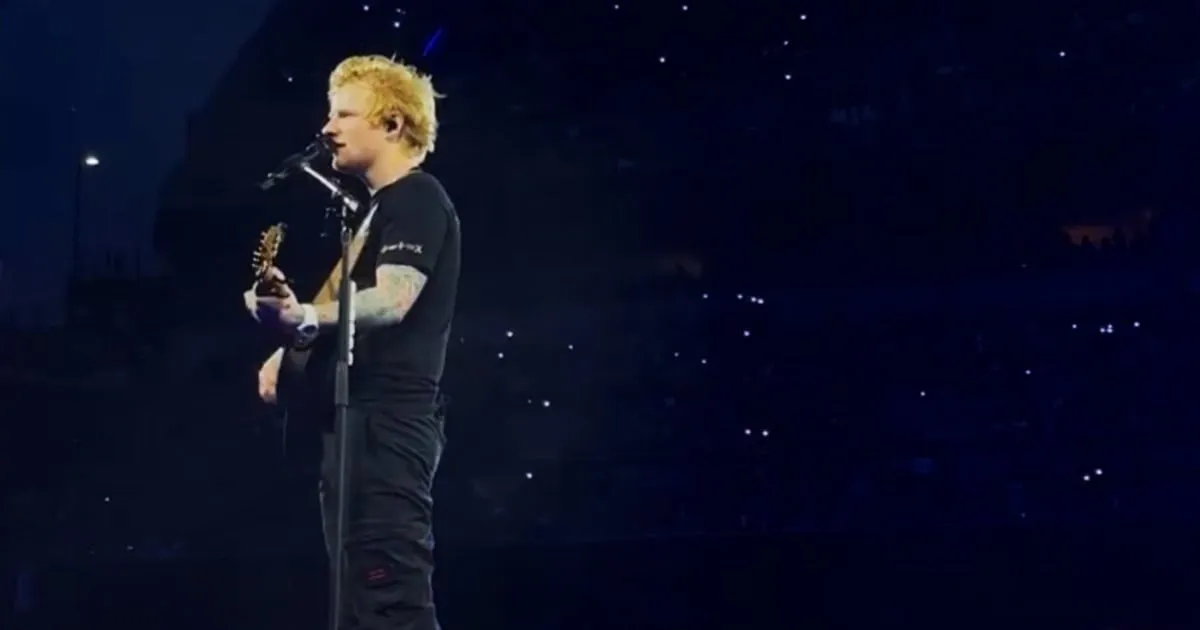How the artist and fan relationship is manifested on Facebook, Twitter, MySpace, the artist's own web site and bolg as well as at live shows, can make or break a career. (Just ask Kayne West.) Too often, artist and fan interactions feel forced or even worse, driven entirely by commerce. (Buy my fabulous new album!) Anyone trying to build and maintain a Tribe faces similar dilemmas, even The Dalai Lama.
How does one of the world's most respected religious leaders build a relationship with his Tribe? In addition to writing books and making public appearances, The Dalai Llama and his team have a strong web presence, tweet daily and you can even friend him on Facebook. Yet the philosophy that grounds his many activities, like building support for Tibet and fundraising, is remarkably simple:
"I look at people from a positive angle, seeking positive aspects. This immediately creates a feeling of affinity, a kind of connectedness."In other words, as I teach to my Berklee online Future Of Music students: view your fans not as you wish they were (fanatical, high income connectors), but rather as they probably are (busy, underpaid and looking for escape). All audiences want connection, quality and value. If you stay intimately connected to your Tribe, you'll know how to deliver all three.




